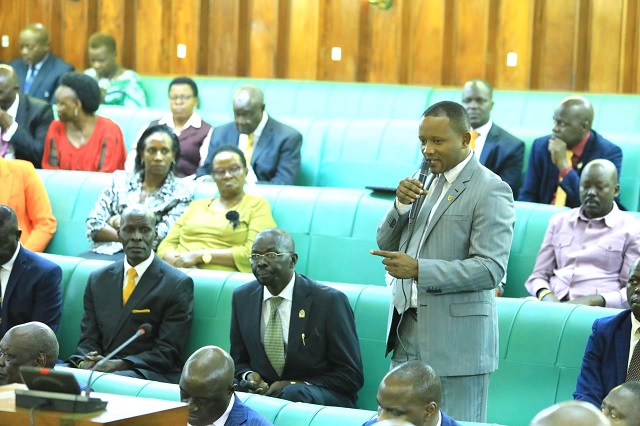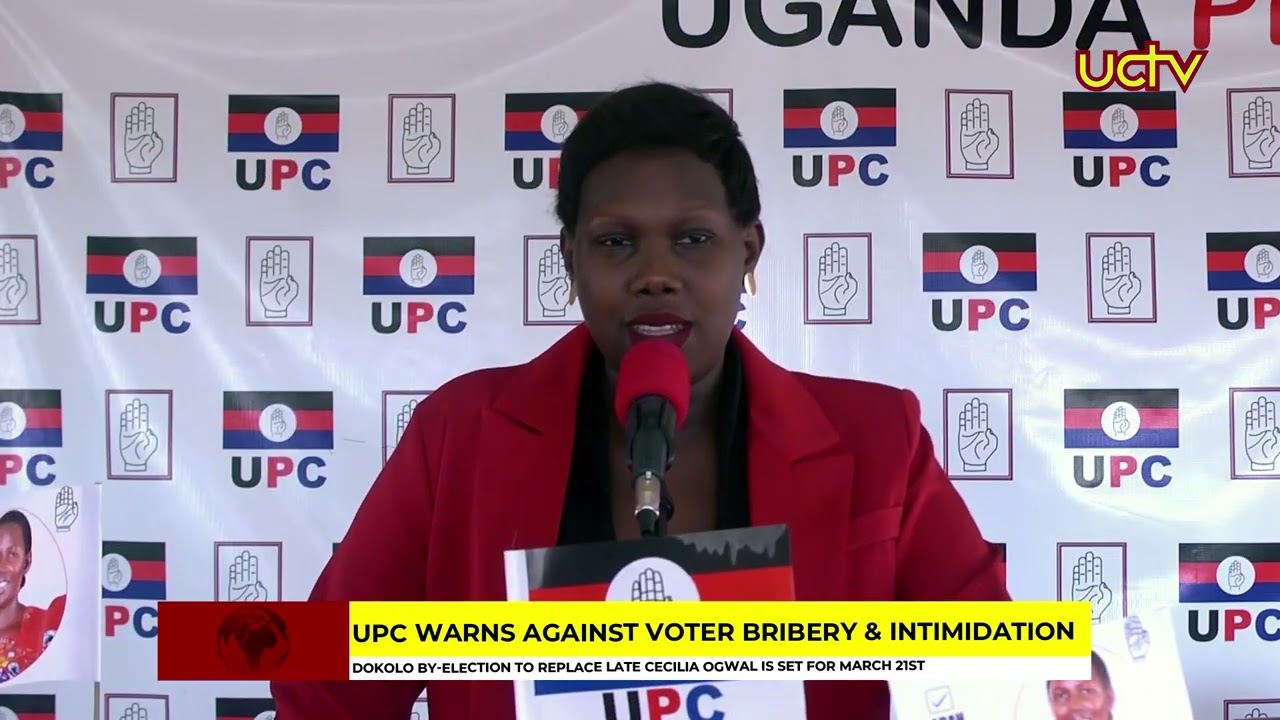The Ministry of Trade is facing scrutiny over allegations of failing to enforce the Cotton Development Organisation’s (CDO) set purchasing price for cotton in the West Nile region. Isaac Otimgiw, a member of the ruling National Resistance Movement (NRM) party, raised concerns in the parliamentary session on January 31, 2024, stating that farmers in Nebbi District are being offered prices as low as Shs1,300 per kilogram, significantly below the CDO’s established price of Shs2,300 for the 2023 season.
Obongi County MP, Hon. George Bhoka, highlighted the adverse effects of low cotton prices on districts in West Nile, despite substantial investments made by farmers. Cotton farmers are reportedly facing challenges, including delayed payments and exploitation due to the discrepancies in pricing.
Abed Bwanika, representing the National Unity Platform (NUP) in Kimaanya-Kabonera Division, sought to introduce the Contract Farming Bill, aimed at regulating contracts and block farming in the country. Contract farming involves agreements between buyers and farmers for the supply of specific agricultural products under predefined conditions.
State Minister for Trade, Industry, and Cooperatives (Industry), David Bahati, attributed the fluctuation in cotton prices to the free market economy in Uganda. He acknowledged the need for engagement with farmers to reach a consensus on pricing issues. Additionally, Bahati mentioned discussions with stakeholders to address concerns related to sugar prices.
Deputy Speaker Thomas Tayebwa proposed the establishment of a mechanism to stabilize the Uganda shilling against foreign currencies, aiming to mitigate the impact of international pricing shocks.




















